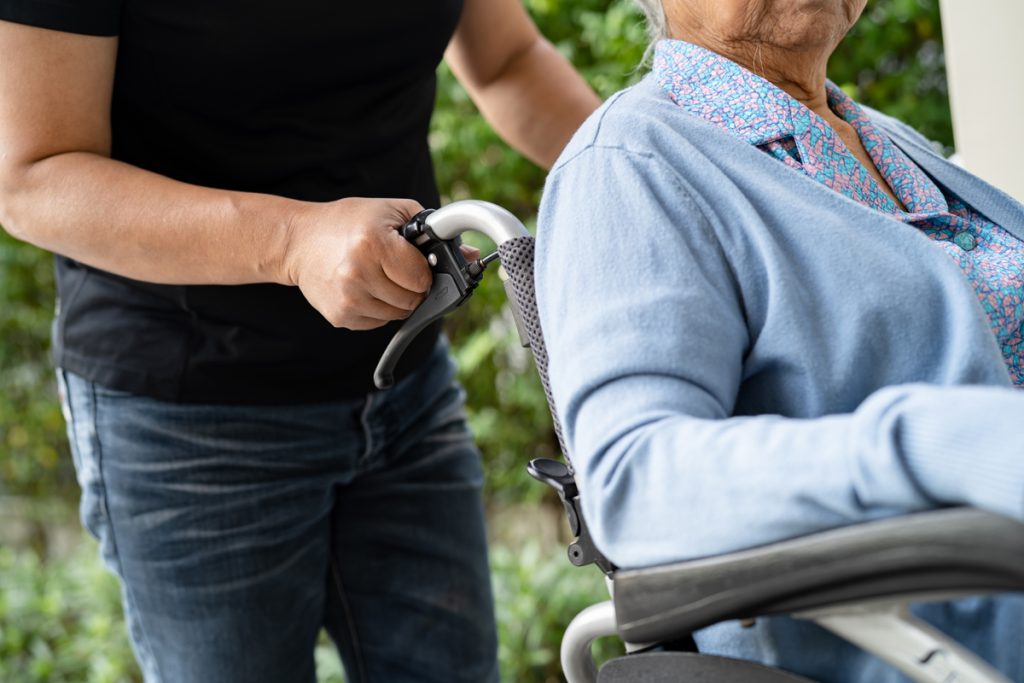Is Gout The Same As Arthritis?

An excess of uric acid in the blood can cause gout, a kind of arthritis, which is characterized by the formation of sharp crystals in one or more joints. Gout can also occur in your knee, ankle, foot, hand, wrist, or elbow. Usually, it affects your big toe.
Attacks are abrupt, extremely painful, and frequently accompanied by swelling and redness surrounding the joint. The first 36 hours are usually the most painful, but they normally last three to ten days. Some patients never experience another attack for months or even years after the first one.
Who Understands It?
Gout affects men three to one woman. Men over 40 are also more likely to have it. After menopause, women are more likely to contract it.
If you consume alcohol frequently and are overweight, your chances increase. It may also be more likely to affect you if you:
Have a gouty family history
Consume certain diuretics (water pills) to lower blood pressure or certain medications to treat psoriasis or rheumatoid arthritis.
Have heart disease, diabetes, high blood pressure, or high cholesterol.
Possess surgical experience with gastric bypass
Why Does It Occur?
Your body produces uric acid in order to degrade a substance known as purine. This substance is found in some meals, such as red meat, shellfish, and sugary drinks like juice or cola, as well as in your body naturally.
When uric acid levels are normal, it dissolves in blood and is excreted from the body by urination. However, if your body produces excessive amounts of uric acid (hyperuricemia) or fails to excrete enough of it, crystals will develop, gather in your joints, and eventually cause gout.
Disfiguring lumps surrounding the damaged joint called tophi can also result from uric acid accumulation. Additionally, kidney stones may result from the crystals if they build up in the urinary tract.
Managing gout symptoms involves a combination of lifestyle changes, medication, and self-care strategies. Here are some effective ways to manage the condition:
1. Medications
- Anti-Inflammatory Drugs (NSAIDs): Over-the-counter or prescription NSAIDs can help reduce pain and swelling during a gout flare-up.
- Colchicine: A prescription medication that can decrease gout symptoms and prevent future flare-ups.
- Corticosteroids: These may be prescribed to control severe inflammation and pain when NSAIDs or colchicine aren’t effective.
- Uric Acid-Lowering Medications: Drugs like allopurinol or febuxostat can help lower uric acid levels to prevent future attacks.
2. Dietary Adjustments
- Avoid High-Purine Foods: Limit intake of foods rich in purines like red meat, organ meats, shellfish, and oily fish (e.g., sardines and anchovies).
- Reduce Alcohol and Sugary Drinks: Alcohol, especially beer, and drinks sweetened with fructose can trigger gout attacks.
- Incorporate Low-Purine Foods: Focus on fruits, vegetables, whole grains, and low-fat dairy, which can help control uric acid levels.
- Stay Hydrated: Drink plenty of water to help flush out uric acid and prevent crystal formation in the joints.
3. Maintain a Healthy Weight
- Losing weight, if necessary, can help lower uric acid levels and reduce stress on the joints, decreasing the risk of gout attacks.
4. Stay Active
- Engage in low-impact exercises like walking, swimming, and cycling to maintain joint flexibility without putting extra pressure on affected joints. However, avoid high-impact activities during a flare-up.
5. Manage Stress
- High stress levels can exacerbate gout symptoms, so practicing relaxation techniques like meditation, deep breathing exercises, or yoga can help.
6. Apply Cold Compresses
- During a flare-up, applying ice packs to the affected joint can help reduce swelling and pain.
7. Avoid Trauma to Joints
- Protecting affected joints from further injury or stress can help prevent flare-ups.
By following these tips, individuals with gout can manage symptoms, prevent future attacks, and maintain a better quality of life. Regular consultations with a healthcare provider are crucial to adjusting treatment plans as needed.




